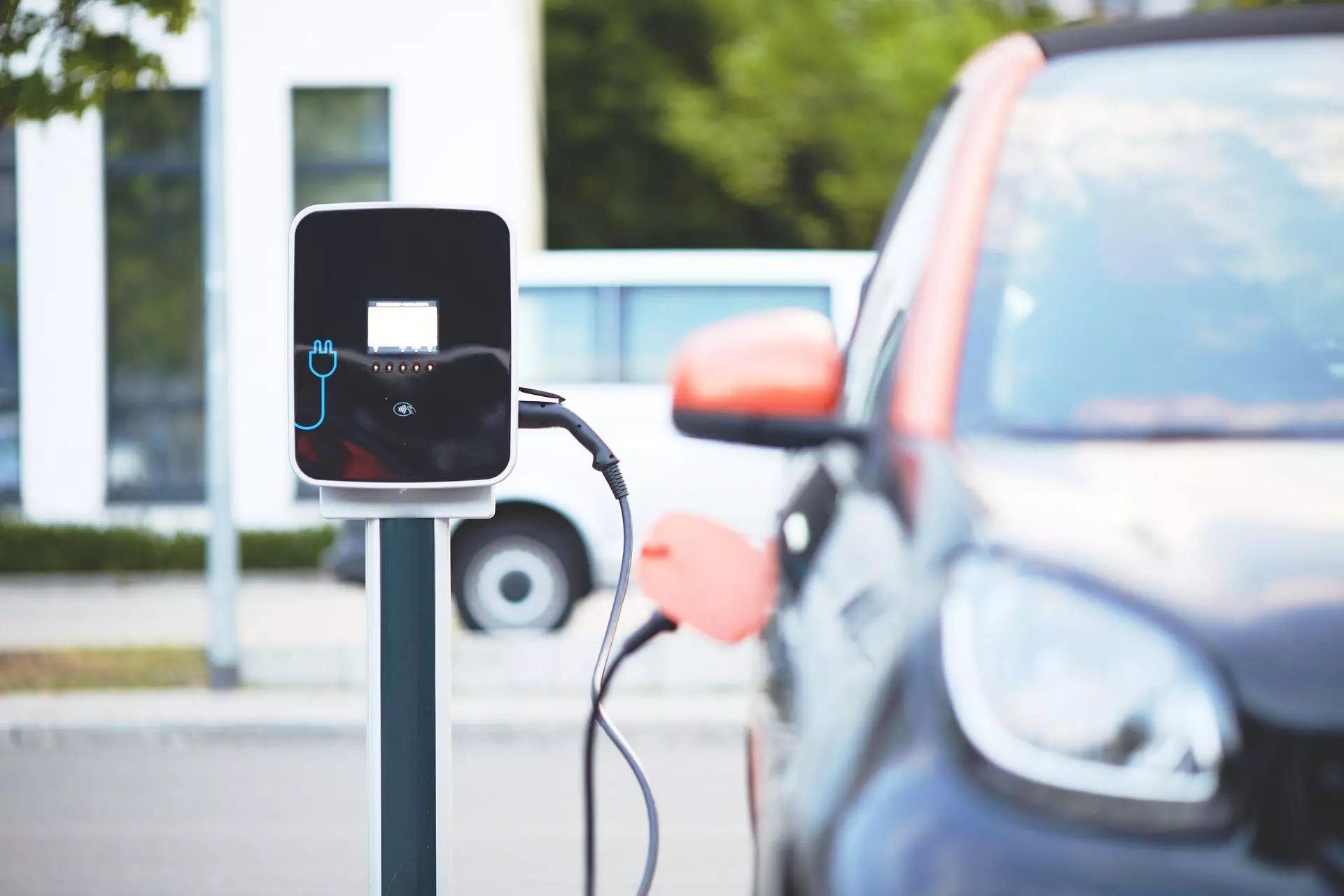As climate change advances and extreme weather events become more frequent, states like Florida, which are particularly vulnerable to hurricanes, face significant challenges, especially regarding infrastructure. Among these challenges is the pressing need to enhance the resilience of electric vehicle (EV) charging stations. A comprehensive study led by researchers at the University of Florida (UF) sheds light on this issue, revealing crucial insights about the interplay between EV charging infrastructure and natural disasters, ultimately emphasizing the need for robust planning and innovative solutions.
Hurricanes create distinct dilemmas for electric vehicle charging stations. A study by UF’s College of Design, Construction, and Planning revealed that tropical storms exacerbated the challenges of supply and demand, as infrastructure was often severely damaged or rendered inaccessible. Research collaborators, including Yan Wang, Ph.D., have underscored that a proactive planning approach is vital in ensuring these EV charging networks can withstand the unpredictable nature of hurricanes. Dynamic strategies that account for varying conditions and scenarios are essential for effective deployment.
Wang’s research indicates that areas that have adopted a forward-thinking mindset toward infrastructure resilience are better prepared to handle the aftershocks of natural disasters. “Advanced modeling techniques can reveal critical vulnerabilities and inform preparedness strategies,” he stated, highlighting the ongoing necessity for research in the realm of resilient infrastructure.
An intriguing element of the UF study was the examination of how network connectivity among charging stations influences recovery speed during extreme weather events. The findings demonstrate that stations that are effectively interconnected, alongside those providing diverse access for users, tend to maintain service continuity and recover faster than isolated stations. This insight suggests that urban planners and municipalities should prioritize developing a well-connected network of EV charging stations.
In addition, the study highlights the disturbing reality of inequities in access to these charging services. Vulnerable communities, including older adults and low-income residents, often have limited access to charging infrastructure. Such disparities not only constrain comprehensive EV adoption but also pose significant challenges during emergencies. The researchers noted that rural areas, although they might not directly experience flooding, could find themselves affected if their nearest charging station becomes non-operational, underscoring the interconnectedness of charging infrastructure across different locales.
To combat the challenges posed by future hurricanes, the UF researchers developed a counterfactual analytical framework utilizing a multi-agent-based modeling approach. This innovative tool simulates worst-case hurricane scenarios, providing municipalities with vital data to enhance future infrastructure planning. By utilizing such dynamic modeling, local governments can better prepare and upgrade their systems before disasters strike, potentially transforming the face of emergency preparedness in hurricane-prone regions.
Wang emphasized the importance of equitability in planning throughout the entire transition to electric mobility. Disparities do not solely occur in charging station distribution; they extend into overall adoption trends. It is crucial to ensure that all communities reap the benefits of this transition, particularly those historically marginalized in urban planning.
As UF researchers broaden the scope of their study, they are directing attention to how extreme weather events affect charging services in other regions, such as Gainesville. Researchers anticipate that by adjusting their model, they can address localized concerns and adapt solutions for different settings. By implementing recommendations from ongoing studies, municipalities can quickly identify areas needing improvement in terms of resilience.
The collaboration among researchers at UF encapsulates a broader vision: one that positions anticipatory planning frameworks as a blueprint for building not only electric vehicle infrastructure but urban resilience as a whole. As Ruth Steiner, Ph.D., observed, the methodology developed can extend beyond EV charging stations, suggesting a multifaceted approach to infrastructure resilience.
The insights gleaned from the research conducted at the University of Florida illuminate the urgent need for enhanced resilience of electric vehicle charging infrastructure in hurricane-prone areas. The interconnected challenges of climate change, social equity, and infrastructure demand rigorous planning and innovative methodologies. Collaboration among researchers, urban planners, and local governments will be pivotal in safeguarding community mobility against the formidable impacts of future natural disasters. By adopting a comprehensive and equitable approach towards planning, Florida can lead the way in creating resilient electric vehicle charging networks, protecting its communities from the worst of nature’s fury.

